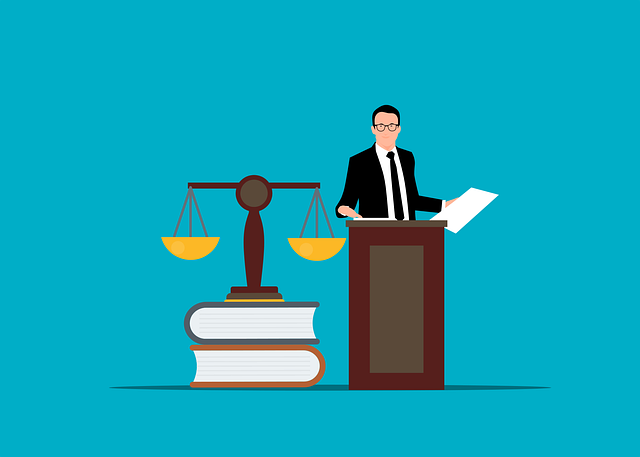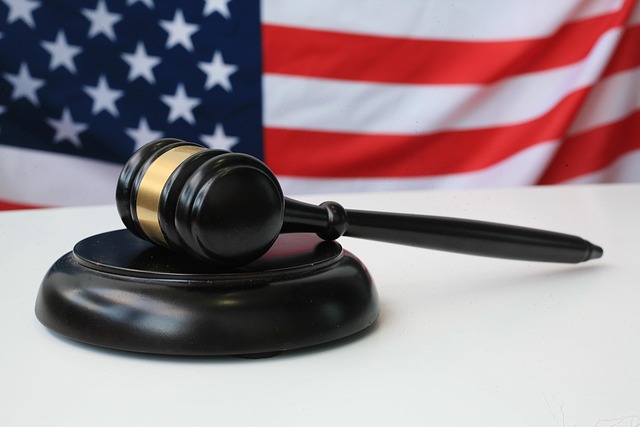Securities scams, prevalent nationwide, exploit investors through fraudulent promises, ranging from investment fraud to Ponzi schemes. Understanding Types of Evidence Used in Criminal Prosecution, such as financial records, emails, and witness testimonies, is vital for both prosecutors and defenders. While Ponzi schemes use new investor funds instead of profits, robust defenses can challenge evidence admissibility. The challenging pump and dump scheme is addressed using electronic communications, financial records, and digital footprint analysis. Effective white-collar defense strategies aim to dismiss charges by countering these types of evidence.
In the high-stakes world of securities trading, fraudsters perpetrate sophisticated scams, preying on investors’ hopes for financial gain. This article peels back the layers on common securities scams, from Ponzi schemes to ICO fraud, and explores the intricate dance between uncovering fraud through robust evidence analysis and securing justice under relevant laws, focusing on the crucial role of Types of Evidence Used in Criminal Prosecution.
Common Securities Scams and Their Schemes

Securities scams are prevalent across the country, often targeting investors with enticing yet fraudulent promises. These schemes exploit people’s desire for financial gain and can range from investment fraud to Ponzi schemes. One common tactic is the use of false or exaggerated claims about potential returns, promising quick wealth through novel investments. Scammers may also create a sense of urgency, pressuring victims to act fast without proper due diligence.
The types of evidence used in criminal prosecutions for these scams play a crucial role in winning challenging defense verdicts. Prosecutors rely on documents such as financial records, email communications, and witness testimonies to build their cases. For instance, in white-collar defense, examining the nuances of correspondence and the context behind financial transactions can expose loopholes or lack of intent. Understanding the scheme and the specific evidence used is essential for both prosecutors and defenders alike, shaping the outcome of these complex legal battles.
– Ponzi Schemes

Ponzi schemes are a type of investment fraud where returns to investors are paid with money from new investors rather than from any actual profit earned. This creates a false sense of profitability that attracts more victims, who in turn fund the scheme for existing investors. The name comes from Charles Ponzi, who popularized this fraudulent model in the 1920s.
In the criminal prosecution of Ponzi scheme operators, various types of evidence are typically used. This includes financial records, witness testimonies from former clients, and communications between the operator and potential or current investors. For his clients facing general criminal defense charges related to these schemes, a robust strategy involves challenging the admissibility of such evidence and presenting counterarguments during jury trials.
– Pump and Dump

One insidious scheme that has long plagued investors is the pump and dump. This deceptive practice involves a criminal or fraudulent entity artificially inflating the value of a stock through false or misleading information, creating a ‘pump’ effect. They do this by spreading exaggerated claims on social media, investment forums, and other online platforms, luring unsuspecting investors. Once the stock’s price reaches its peak, the scam artists quickly sell their holdings, triggering a steep decline in the stock’s value, or ‘dumping’ it onto naive investors who bought at the heightened price.
The pump and dump is considered a classic example of white-collar and economic crimes, often challenging to prosecute due to the lack of physical evidence. However, law enforcement agencies have been successful in securing convictions using various types of evidence, including electronic communications, financial records, witness testimonies, and forensic analysis of digital footprints. These methods help prove intent, identify ringleaders, and secure complete dismissal of all charges for those who can demonstrate their innocence through a robust white collar defense.
Understanding common securities scams like Ponzi schemes and pump and dump tactics is crucial for investors to protect themselves. By recognizing these fraudulent practices, individuals can safeguard their investments and avoid becoming victims. The use of various types of evidence during criminal prosecutions plays a significant role in holding perpetrators accountable, emphasizing the importance of investor vigilance. Staying informed and being alert are key to navigating the financial landscape securely.






